
About us
Ang KM4AANR ay nakalaan sa pagkalap ng mga nilalaman mula sa iba’t ibang plataporma na matatagpuan online. Tampok dito ang mga datos, impormasyon, at balita tungkol sa pinakabagong teknolohiya sa Agrikultura, Yamang Tubig at Likas na Yaman (AANR). Kaugnay dito, binuo ng PCAARRD ang Industry Strategic S&T Programs o ISPs upang makapagbigay ng mga solusyong naka-base sa agham at teknolohiya para sa mga pangangailangan ng AANR.
Ang pahinaryang ito ay pinamumunuan ng DOST-PCAARRD.
Consortia Members



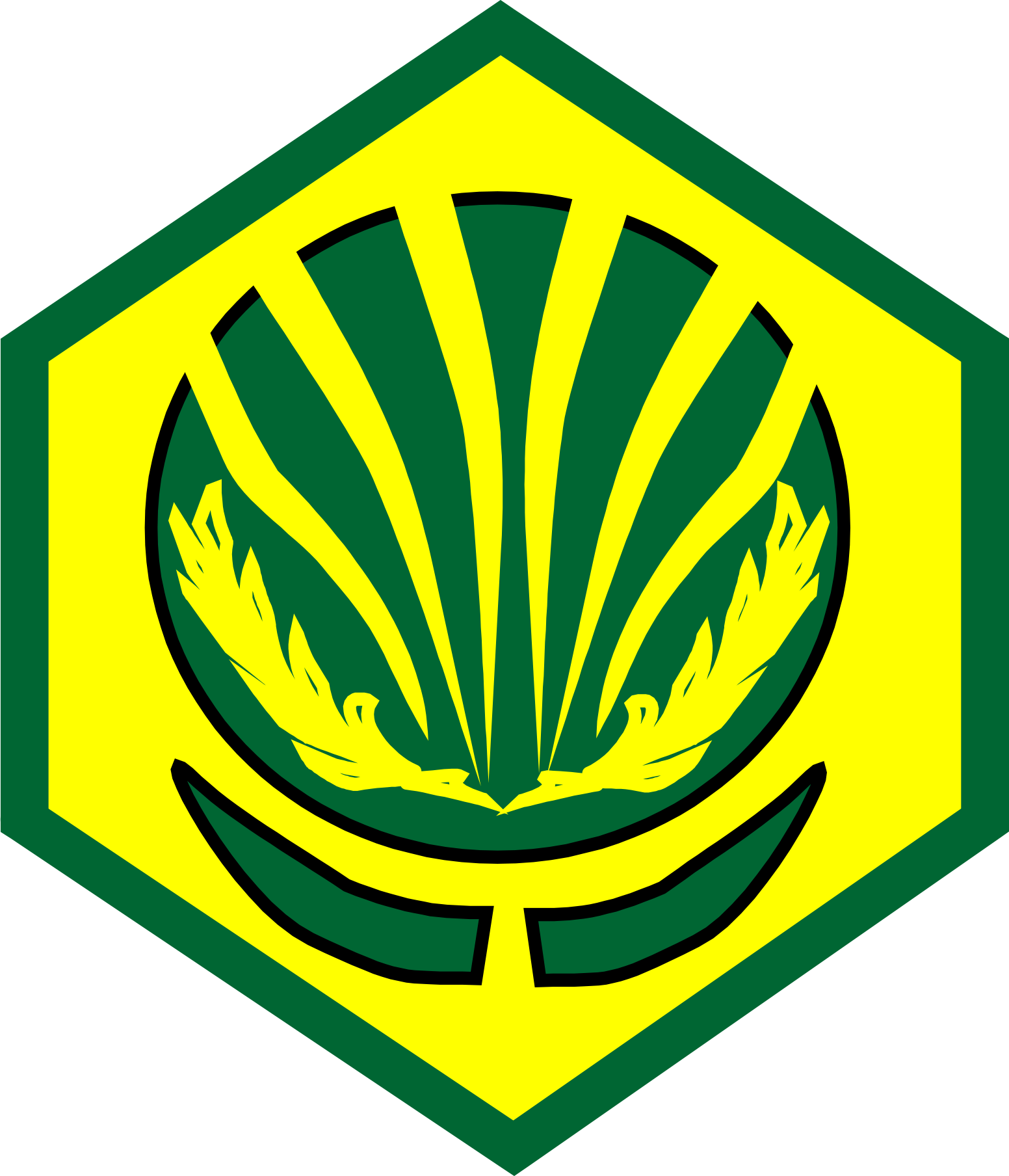

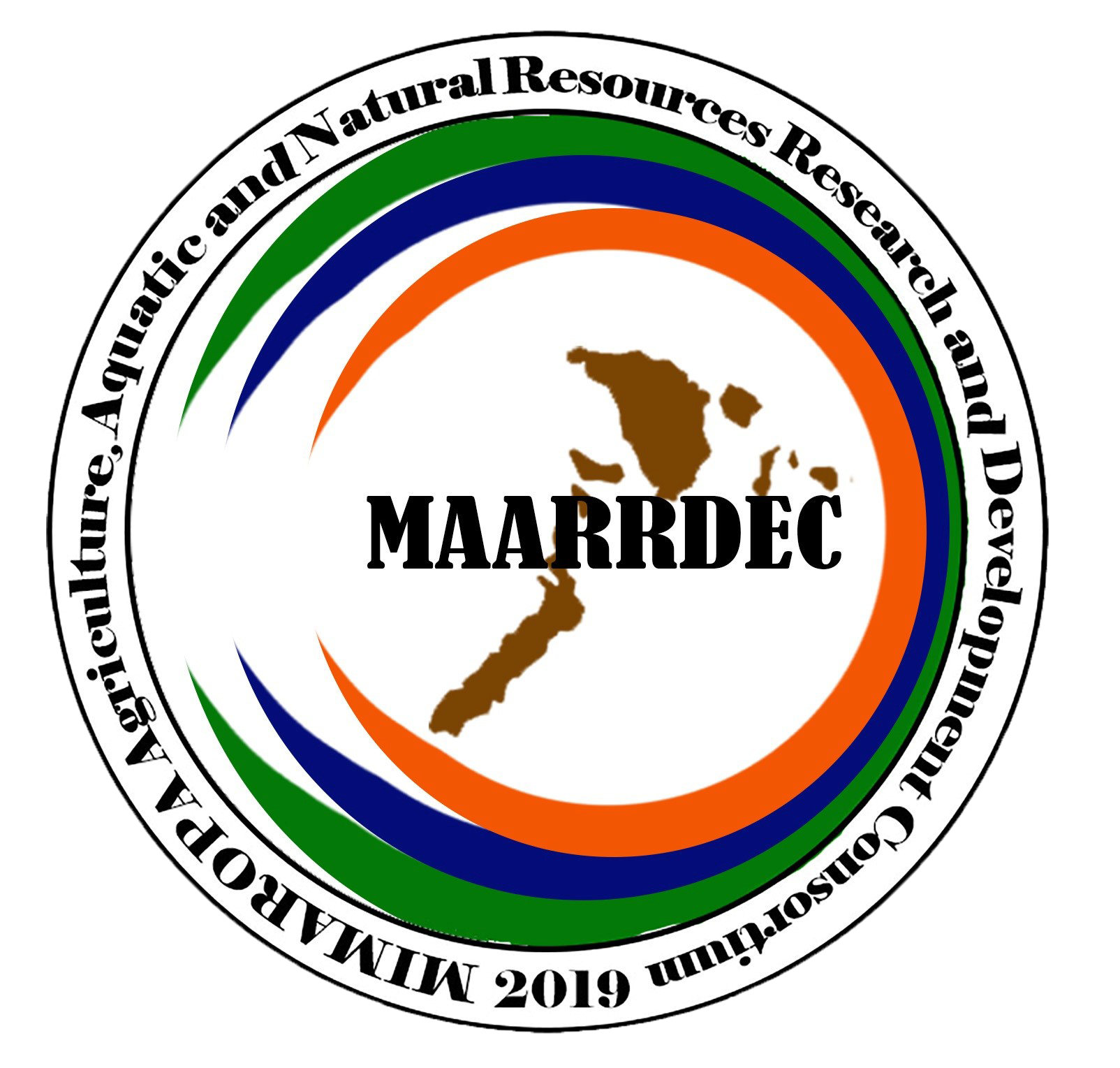

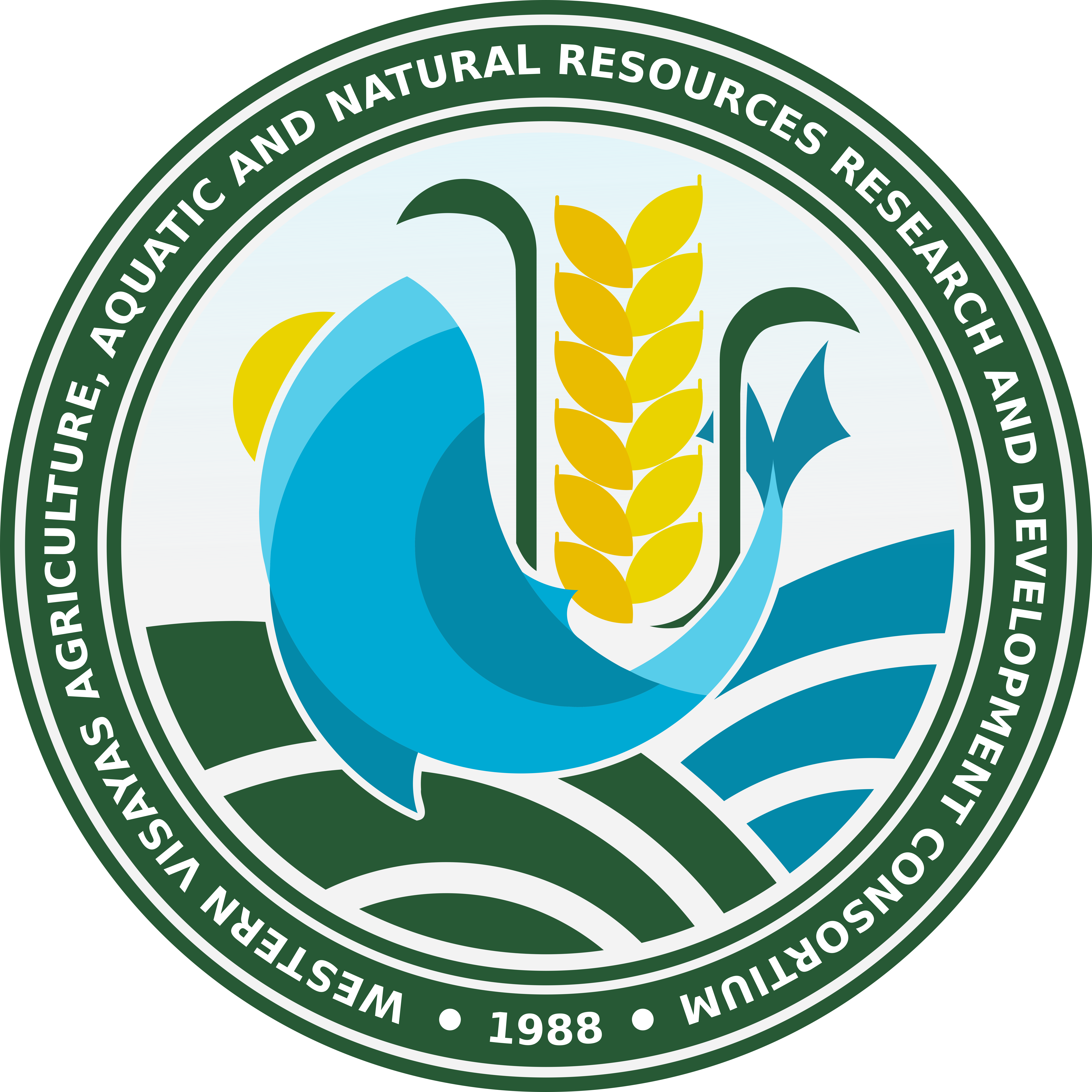
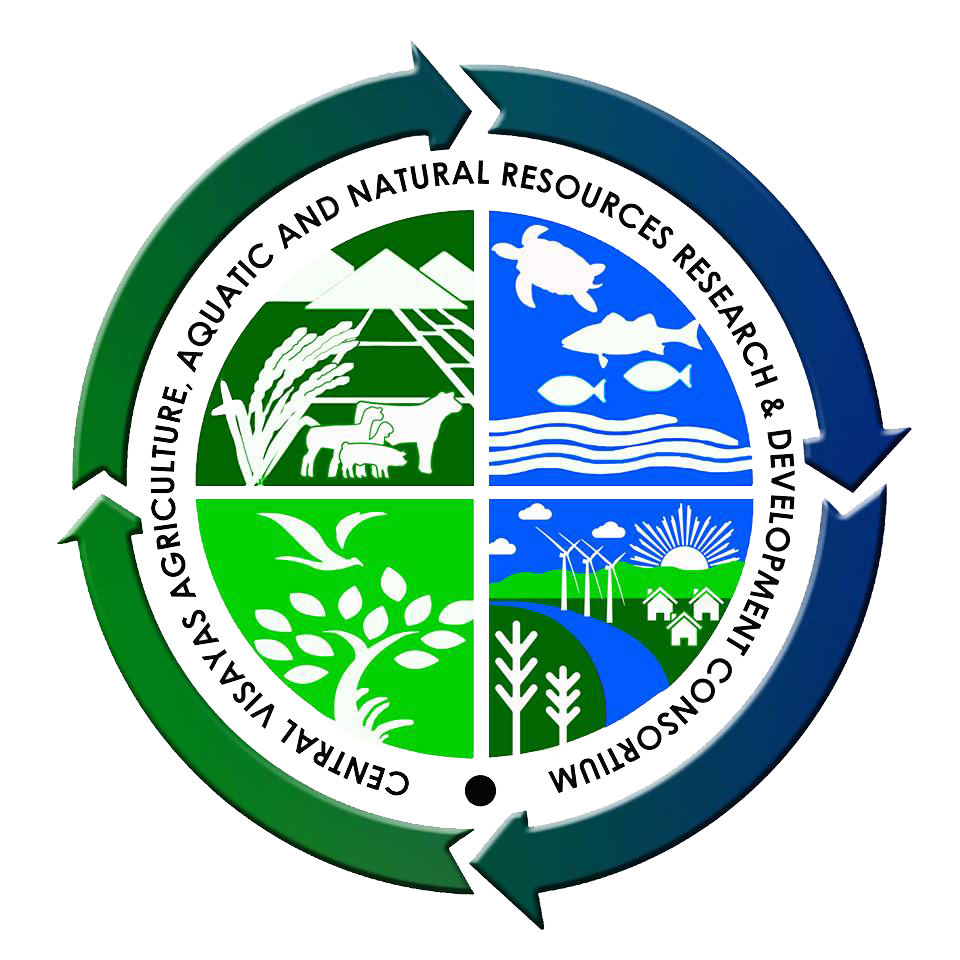


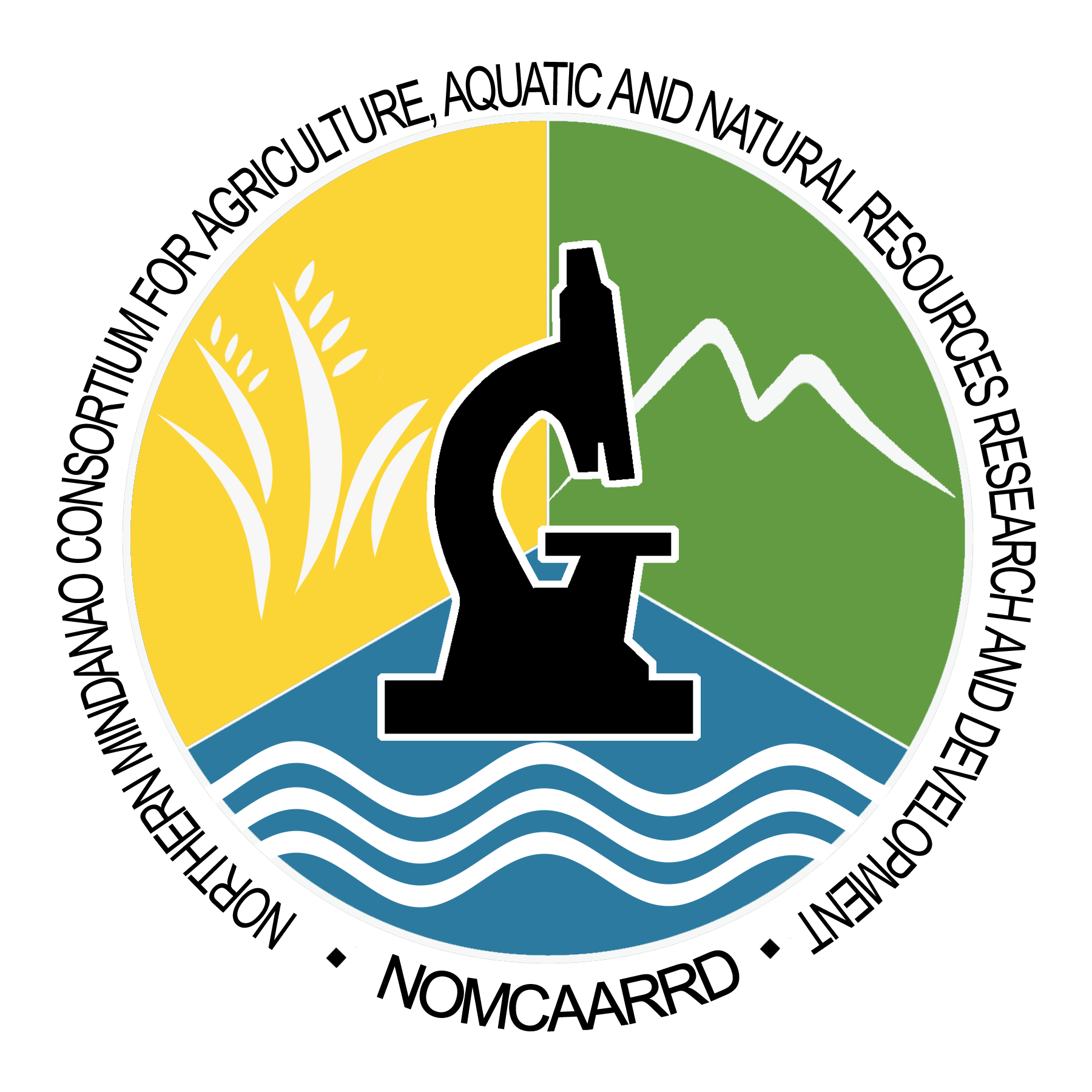





ILAARRDEC
Ilocos Agriculture and Aquatic Resources Research and Development Consortium (ILAARRDEC) adheres to RESULT-BASED, INDUSTRY-DRIVEN and COMMUNITY EMPOWERED-FOCUSED plans and programs in envisioning, enhancing and strengthening dynamic partnership, sustainable commodity-based ad competitive enterprises.
STAARRDEC
The Southern Tagalog Region demonstrates the capacity for growth and development in agriculture, natural resources, and industrialization. This region is also home to several private and government institutions; state colleges, and universities; and R&D agencies with a vast pool of scientists and technologists specializing in agriculture, environment, and natural resources abound in the region.
The R&D sector saw the need to genuinely collaborate efforts to boost the agro-industrial and sustainable development in the region. However, the wide geographical spread of the region makes the facilitation and coordination of R&D work difficult. Hence on May 3, 1988, the Southern Tagalog Agriculture, and Resources Research, Development Consortium (STARRDEC) was established thru the partnership of 12 agencies, namely; Department of Agriculture - Agricultural Training Institute Region IV (DA-ATI IV); Department of Agriculture - Bureau of Agricultural Research (DA-BAR); Department of Agriculture Region IV (DA-IV); Department of Environment and Natural Resources Region IV (DENR-IV); Department of Science and Technology Region IV (DOST-IV); Don Severino Agricultural College (DSAC); Ecosystems Research and Development Bureau (ERDB); Forest Products Research and Development Institute (FPRDI); National Economic and Development Authority Region IV (NEDA-IV); Philippine Council for Agriculture, and Natural Resources Research and Development (PCARRD); Palawan National Agricultural College (PNAC); and University of the Philippines - Los Baños (UPLB). It was based and hosted by UPLB from 1988-2007.
On January 31, 2007, during the 62nd Regional Research and Development Coordinating Committee (RRDCC) Meeting held at UPLB DA-BAR-RDE Network Building, College, Laguna, Resolution No. 4 Series of 2007 was approved declaring the transfer of hosting of the consortium from UPLB to DSAC, now known as Cavite State University (CvSU), to allow other member agencies to host the consortium.
In 2008, CvSU started hosting the consortium. On April 21, 2015, during the RRDCC Chairpersons, Consortium Directors, Fisheries Zonal Center Representatives, and PCAARRD Officials’ Meeting cum Workshop held at Hotel Kimberly, Tagaytay City, the Resolution on Enhancing PCAARRD’s Engagement with the Regional Consortia was approved declaring that the consortia will integrate the agriculture and aquatic sectors and re-engage with PCAARRD reflecting the aquatic sector in acronym thus becoming STAARRDEC.
On December 15, 2015, during the 82nd RRDCC Meeting, the renaming of the consortium to read as the Southern Tagalog Agriculture, Aquatic and Resources Research, Development and Extension Consortium was approved and was used in 2016 and onwards.
Today, after more than 3 decades from its establishment, the consortium has now 21 member institutions (10 SUCs, 3 National Line Agencies, and 8 Regional Line Agencies) with CvSU as its host agency.
Vision
Leading regional consortium in market-driven researches for growth and development.
Mission
STAARRDEC shall engage in building agriculture, aquatic, environment, and natural resources research and development programs; technology utilization and commercialization; policy formulation and advocacy; capability building; resource generation; and multi-stakeholder partnerships.
Mandates
STAARRDEC is mandated to:
Determine the regional research and development priorities including budgetary allocations for specific projects of member-agencies;
Coordinate the planning and implementation of an integrated regional research and development programs and related activities in agriculture, aquatic, environment and natural resources;
Develop strategies to generate RD&E funds, develop RD&E resources, and exercise research management attuned to the Region in support of national goals and priorities;
Develop mechanisms toward the effective utilization of the outputs of RD&E thereby generating employment and enhancing economic growth in the Region;
Initiate and coordinate interagency efforts on the refinement, commercialization, and utilization of technology in partnership with Local Government Units (LGUs); and
Carry out management information and applied communication programs to provide support services, ensure effective dissemination of RD&E information and encourage their utilization by various clients.
CorCAARRD
The Cordillera Consortium for Agriculture, Aquatic and Resources Research and Development or known as (CorCAARRD) is an organization composed of 19 member agencies in the Cordillera Administrative Region promoting the application of Science and Technology along Agriculture, Forestry and Natural resources (AAFNR) sector and to provide a venue for joint planning, monitoring, evaluation, and sharing of resources through collaborative interventions among its members. VISION A nationally recognized Consortium of diverse and competent institutions embodying excellent leadership in sustainable Research, Development, and Extension programs on Agriculture, Aquatic, and Natural Resources for resilient and globally competitive communities by 2022. MISSION Plan and orchestrate CMIs’ and clients’ priorities to be a relevant and responsive Consortium providing the conditions necessary for partners to engage in diverse roles and functions towards the upliftment of our clients. Enable and nurture committed partners to be competent by collaborating and sharing of resources in implementing responsive RDE activities. Deliver enriched appropriate skills, information, knowledge, and technologies to bring about productive and resilient landscape beneficial to communities. In 2018, the Consortium became Cordillera Consortium for Agriculture, Aquatic, and Resources Research and Development (CorCAARRD). The change of name now gives prominence to the Cordillera Administrative Region, emphasizing on the geographical premise of the Consortium. Based at BSU, it is one of the 14 National R&D Consortia that is organized and substantially supported by DOST-PCAARRD. DOST-PCAARRD established the consortia mechanism to have regional venue for planning, evaluating, and sharing resources among RDE agencies in the region, to achieve the development of Aquatic, Agriculture, and Natural Resources. Primarily, CorCAARRD provides a mechanism to coordinate and monitor the Research, Development and Extension programs and projects of all 19 Consortium Member Institutions.CVAARRD
The CVAARRD Consortium is a membership-based organization that harmonizes regional R&D and extension activities on agriculture, aquatic and natural resources.CLAARRDEC
In coordination with the Philippine Council for Agriculture, Forestry and Natural Resources Research and Development (PCARRD) and the Regional Development Council (RDC) of Central Luzon, CLAARRDEC is mandated to review ad update R & D efforts in relation to regional needs in agriculture, fisheries, forestry and natural resources. It is tasked to prepare, monitor and assess the implementation of research and development programs/projects/activities in Region III. It is also mandated to help facilitate the development of capabilities of its member-agencies.MAARRDEC
MAARRDEC is now officially the 16th R&D consortia, which will focus on the region’s agriculture, aquatic and natural resources R&D concerns addressing specific needs such as in biodiversity, (e.g, Tamaraw conservation), and marine and freshwater ecosystems. Its establishment recognizes the unique socioeconomic and geographical features of its five provinces - Occidental Mindoro, Oriental Mindoro, Marinduque, Romblon, and Palawan (MIMAROPA) which remain largely agricultural and coastal.BCAARRD
The Bicol Consortium for Agriculture, Aquatic and Natural Resources Research and Development (BCAARRD), an association of government and private institutions whose primary interest is to contribute towards national and regional development through the application of S&T in Agriculture, aquatic, forestry and natural resources sector, with principal office at Bicol University College of Agriculture and Forestry (BUCAF), Guinobatan, Albay represented by Mr. Tomas B. Briñas, regional Research and Development Coordinating Committee (RRDCC) Chairperson.
On 26 January 1976, five (5) research centers/colleges bound themselves under Memorandum of Agreement to form the Bicol Agricultural Research Complex (BARC) to support the National Research Network (NRN) in agriculture and natural resources and to optimize the use of limited resources in the region.
Through the challenging years, it welcomed more members to its fold, and evolved into the lives of the Bicolano farmers. More technologies were generated and adopted that contributed to agricultural development.
Now called the Bicol Consortium for Agriculture, Aquatic and Natural Resources Research and Development (BCAARRD), it comes to be a partner in countryside development. Its twenty (20) strong and dynamic member institutions with specific mandate, move ahead in pursuit of a common goal. Through the Consor-tium arrangement, the member-agencies are able to optimize the utilization of their human and physical resources on crops, livestock, fisheries, soil and water resources, forestry and socio-economics.
SOCIETAL MISSION
Knowledge-driven, economically-viable industries in Bicol.
INSTITUTIONAL MISSION
Dynamic leader in S&T development, management and governance for inducive industries in the Bicol Region
MISSION
To institutionalize and promote integrated S&T supportive to the regional and national development.
GOALS
To effectively utilize research results in attaining the goals of sustainable regional development.
WESVAARRDEC
Western Visayas Agriculture and Resources Research and Development Consortium (WESVARRDEC) is an organization of 29 consortium member and partner member agencies that seeks to pool technical expertise and other resources related to research and development activities in Western Visayas.CVAARRDEC
Central Visayas Agriculture, Aquatic and Natural Resources Research and Development Consortium (CVAARRDEC) - formerly CVCIRRD. The consortia was re-organized on October 26, 2017.ViCARP
The Visayas Consortium for Agriculture, Aquatic and Natural Resources Program (ViCAARP) is a consortium of agencies and institutions undertaking research and development in agriculture and natural resources in Eastern Visayas. It serves as the regional arm of the National Agriculture Resources Research and Development Network (NARRDN) under the auspices of the Philippine Council for Agriculture, Aquatic and Natural Resources Research and Development (PCAARRD). ViCARP is mandated to set up a mechanism for coordination and management of agriculture and natural resources research and development in Eastern Visayas in the areas of production, processing, socio-economics, and communication with emphasis on commodities of major importance in the region. ViCARP’s Vision A leading consortium of SUCs, LGUs and NGAs that catalyzes agriculture, aquatic and natural resources research and development for Eastern Visayas. ViCARP’s Mission To spearhead the planning, implementation, coordination, monitoring and evaluation of agricultural, aquatic and natural resources research and development projects in Eastern Visayas.WESMAARRDEC
The WESMAARRDEC is a non-stock, non-profit and non-sectarian quasi-government organization composed of institutions and state colleges and universities in Region IX that engaged in AANR, R & D activities.NOMCAARRD
NOMCAARD is an organization of 19 agencies coordinating regional research and development/extension priorities. The consortium supports regional development through research and technology services. Productive, competitive, and sustainable Science and Technology-based (S&T) Agriculture, Aquatic, Forestry and Natural Resources (AAFNR) sectors in Northern Mindanao. As a regional research consortium, we commit ourselves to develop knowledge and provide innovative technologies through collaboration and networking with local and international organizations to bring about improvements for the AAFNR sectors.SMAARRDEC
The Southern Mindanao Agriculture and Resources Research & Development Consortium (SMARRDEC) nurtures a culture of excellence in science- and market-driven knowledge generation and utilization for Region’s welfare. It envisions a relevant and Value Adding Regional Research, Development and Extension Leader for Tropical Agriculture, Forestry and Natural Resources.SOXAARRDEC
SOXAARRDEC envisions to be an innovative and effective catalyst in the development of strategic and globally competitive agriculture and natural resources – based products that will contribute to improved quality of life of the tri-people in Region 12 and Autonomous Region of Muslim Mindanao (ARMM).CCAARRD
The Caraga Consortium for Agriculture, Forestry and Resources Research and Development (Caraga CARRD) is the regional research consortium under the umbrella of the Philippine Council for Agriculture, Forestry and Natural Resources Research and Development (PCARRD-DOST). It is the goal of the consortium to effectively utilize research results in attaining the goals of sustainable development in agriculture, forestry and natural resources.ARMMAARRDEC
Agricultural and Aquamarine Resources Research Development and Extension Consortium caters to R&D activities in Maguindanao, Basilan, Lanao del Sur, Sulu, and Tawi-tawi.PCAARRD
The Philippine Council for Agriculture, Aquatic and Natural Resources Research and Development (PCAARRD) is one of the sectoral councils under the Department of Science and Technology (DOST). It was formed through the consolidation of the Philippine Council for Agriculture, Forestry and Natural Resources Research and Development (PCARRD) and the Philippine Council for Aquatic and Marine Research and Development (PCAMRD) on June 22, 2011 pursuant to Executive Order No. 366.
Originally established in November 1972 as the Philippine Council for Agricultural Research (PCAR), it became the Philippine Council for Agriculture and Resources Research (PCARR) to include mines research in 1975. Affirming the role of S&T in development, PCARR changed its name to Philippine Council for Agriculture and Resources Research and Development (PCARRD) in 1982. The Council was tasked to provide a unified and focused direction for the country’s agricultural research. It then became an apex organization that supports and manages the national network of government and higher education institutions involved in crops, livestock, forestry, fisheries, soil and water, mineral resources, and socio-economic research and development (R&D). In 1987, the Council was renamed the Philippine Council for Agriculture, Forestry and Natural Resources Research and Development but retained the acronym PCARRD. On January 30 of the same year created the Philippine Council for Aquatic and Marine Research and Development (PCAMRD) from the Fisheries Research Division of PCARRD with functions focused on aquatic and marine sectors.
With expanded coverage, functions, and responsibilities, the Council formulates policies, plans, and programs for science and technology-based R&D in the different sectors under its concern. It coordinates, evaluates, and monitors the national R&D efforts in the agriculture, aquatic, and natural resources (AANR) sector. It also allocates government and external funds for R&D and generates resources to support its program.
As the apex Council of the AANR sector, PCAARRD is engaged in active partnerships with international, regional, and national organizations and funding institutions for joint R&D, human resource development and training, technical assistance, and exchange of scientists, information, and technologies. The Council is implementing its program primarily through its Research and Development and Extension Consortia which are located all over the country.
It also supports the National Agriculture, Aquatic and Natural Resources Research and Development Network (NAARRDN) composed of national multi- and single-commodity and regional R&D centers, cooperating stations, and specialized agencies.
Being an ISO 9001:2015-certified agency for its quality management system, PCAARRD is committed to achieving a sustained dynamic leadership in science and technology (S&T) innovation in the AANR sector by providing a strategic leadership in promoting S&T as a platform for AANR products innovation and environment resiliency. Guided by its core values of relevance, excellence, and cooperation, PCAARRD will remain steadfast in catalyzing the Philippine AANR sector toward self-sufficiency and global competitiveness
How KM4AANR Works
KM4AANR is an online database dedicated to Agriculture, Aquatic and Natural Resources news, updates, and content from different platforms. This project is funded by DOST-PCAARRD. This is a short walkthrough of the system.
Learn our process in creating the knowledge sharing system. Our information systems analyst presents the considerations and the technology stack used to develop the system.